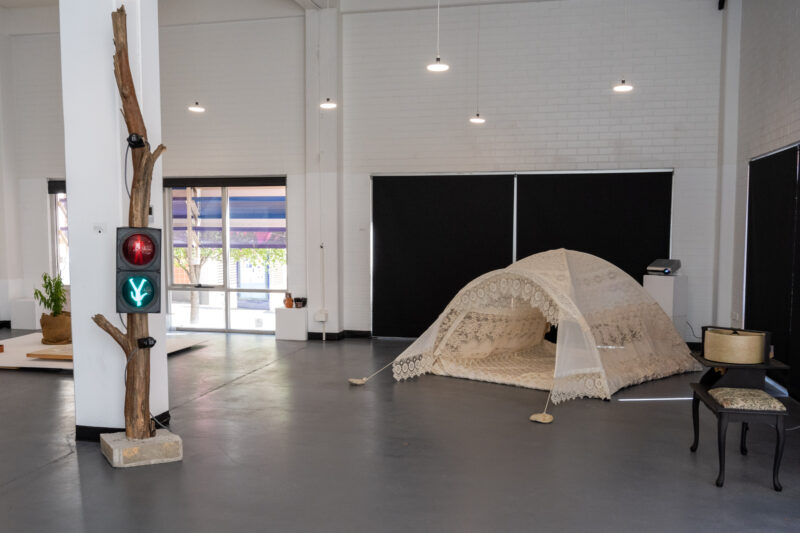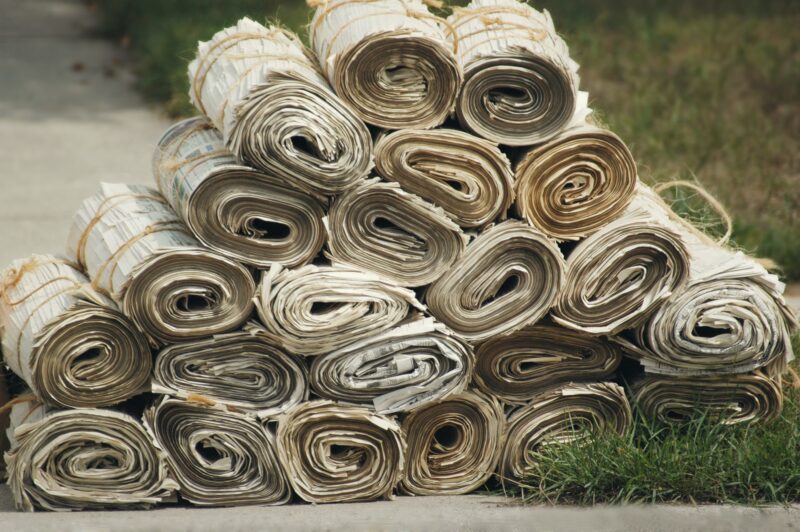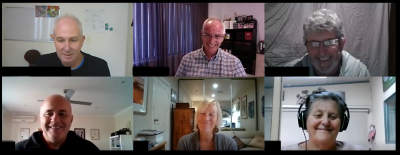When mainstream media doesn’t cut it
In a landmark case that came to a close this week, the Australian Broadcasting Corporation (ABC) was found to have breached the Fair Work Act when it terminated casual broadcaster Antoinette Lattouf over her opinions on the Israel Palestine conflict.
The judge presiding over the case Justice Darryl Rangiah upheld Lattouf’s claim that she was unlawfully terminated in December 2023 when her on-air shifts were cut short three days into a five-day stint hosting Sydney Mornings.
Lattouf’s employment with the ABC was cut short after she reposted a Human Rights Watch video to her Instagram story with the caption “HRW reporting starvation as a tool of war”. The same video was also posted by the ABC.
The judgement has called into sharp focus the dangers behind mainstream media yielding to pressure from lobby groups when it comes to the tone of reporting and use of certain journalists.
Ranghiah found the ABC had breached section 772(1) of the Fair Work Act by terminating Lattouf’s employment “for reasons including that she held a political opinion opposing the Israeli military campaign in Gaza”.
“The decision was made to appease the pro-Israel lobbyists who would inevitably escalate their complaints about the ABC employing a presenter they perceived to have antisemitic and anti-Israel opinions in such a public position,” the judgment stated.
Worringly, Lattouf is one of several journalists whom the ABC has failed to defend from attacks by politicians, pressure groups and News Corporation, including Wiradjuri presenter Stan Grant who stood down from the ABC’s Q&A over racism.
In an article with The Guardian, Paula Kruger, Lattouf’s colleague at Media Diversity Australia, argued that shutting down voices like Lattouf’s sets a dangerous precedent.
“Building trust with our communities means nurturing inclusion and calm reasoning around our most contested and controversial news stories. Silencing one side of the story isn’t success. Shutting down voices is not “social cohesion”,” writes Kruger.
“But silencing and shutting down were the preferred responses of senior ABC management under pressure from pro-Israel lobbyists. We need a different approach to our most difficult conversations.”
On the back of the judgement, Lattouf has joined forces with another prominent Lebanese journalist Jan Fran in creating Ette Media. With the tagline “Read the news right”, Ette Media hopes to deliver “media literacy and critique that helps you get to the real story”.
Both of the seasoned journalists have been outspoken in their distrust of the mainstream media’s positioning on the Israel Palestine conflict, along with other geo-political conflicts in recent months – with a specific focus on the language used and framing of actions taken by the Israeli army and government.
There is a long history of underground media being formed in response to mainstream or government silencing – including leaflets during Hitler’s Nazi Germany, pirate radio stations in the UK in the 60s (over the banning of rock/pop), newspapers and zines during the Vietnam War and civil rights movement, and social media and blog during the Arab Spring.
These movements put journalism into the hands of those effected by these events or activists working against restrictive regimes – and while Lattouf and Fran will likely be better resourced and positioned (thanks to their status in the Australian media landscape), Ette will hopefully carry on a long time tradition of platforming marginalised voices.




